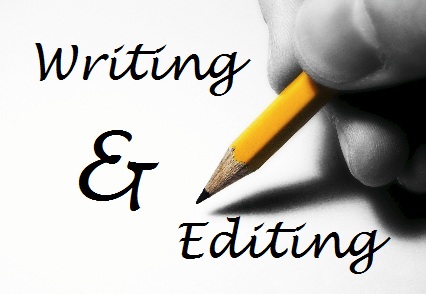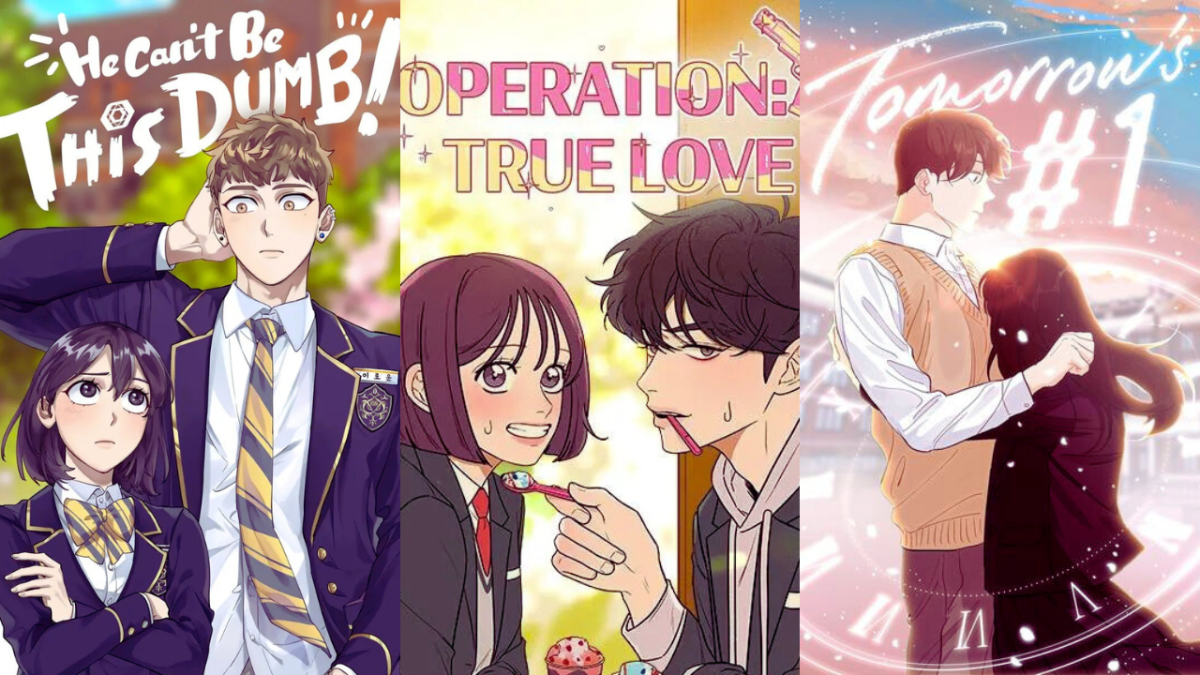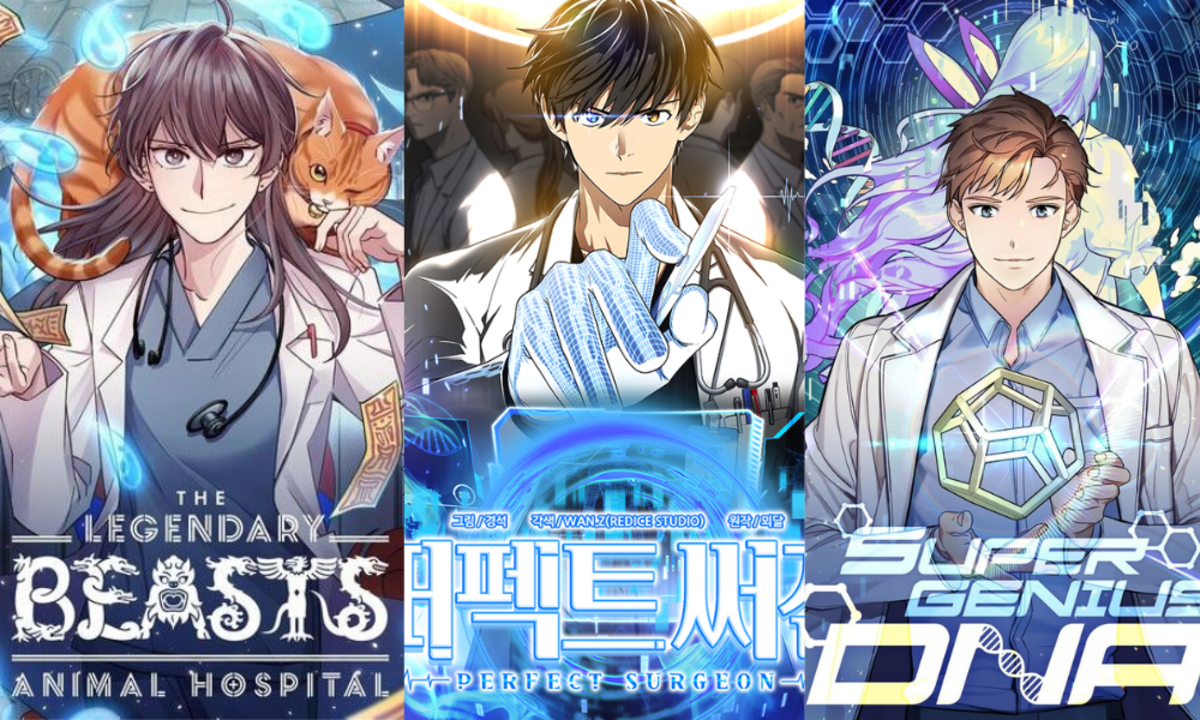(((Manuscript))) Separation Anxiety
Manuscript Separation Anxiety Is Real
Especially for new writers and first-time writers!
As hard as it was, I gave one of my books to my editor. Doing so, it felt as if I gave a piece of my soul and splayed it before all creation to peruse with eyes of derision and bold judgment--like another man is eyeing my woman!
I know! My sentiment is a bit boorish and downright unevolved in regard to my relationship with my wife. It is what it is, though. Hiding it or denying it will not change the feeling. As educated as I am, those basic feelings of possession and jealousy are prominent in my psychological profile. However, if you get my point, that is the purpose of this word-play. This article is about how writers can experience anxiety due to manuscript separation.
Mama Bear Effect
Speaking to my fellow writer Bill Holland, look him up, he informed me that it is quite normal for writers to feel protective of our work. Of course, he is right! We grow with our characters and fall in love with them as they progress through a story that seems to come alive and write itself!
We cry when they cry and love when they love. We hurt and laugh with them. We die with them. When we have to share them with other people we become conscious of their faults, which may be faults of our own. Are not the stories of any writer a reflection of what is in the reservoirs of that writer's soul? Is that why we can be as protective as a mother bear over her cubs when editors try to change our cubs, er... manuscripts!?

Writers, especially those of us who are just now getting our manuscripts out to editors, need to know that separation anxiety is normal.
Step 1:
Admit that there may be a problem with letting go!
With any good editor, there will be changes suggested to the manuscript. Writers live in their stories, they feel and experience everything on a level that is unique--being the creators. Writers need to paint a moving picture with all the sights, tastes, feelings, smells, and sounds associated with it.
While engaged in this effort, a writer might forget to explain a particular aspect of the story or follow up on a particular portion of the story--not because he or she is not aware of that aspect or portion. It's because the writer is aware to the point that writers forget that an explanation is necessary--hyper-aware. To the writer, it may be such a common thing that he or she doesn't mention it.
For example, when telling a story about a character set in the 1970's in America, say... New Your City, the writer, if in that same historical period writing to a reader who he or she thinks will also be from that historical period. would not think there is a need to explain 8-tracks (look it up). The 1990's and 2000's writers would give CD's the same lack of explanation. Isaiah did not explain what tires meant in his writings in the Bible. Shakespeare did not provide footnotes for us readers in modern times.
No explanation for what FaceBook or Twitter is to current readers is necessary because, to most, it is common knowledge. With writing, there are some things writers know about characters that are common to them in that manner.
I mention all this to relate that what is common knowledge to the writer may not be common to the reader; so, editors are who help to catch that sort of thing. Editors remind writers to open where we seem closed in writing or close where it seems too open.
Writers, especially those of us who are just now getting our manuscripts out to editors, need to know that separation anxiety is normal. A good editor will understand.
When I told my editor why it took so long to get him my book, he did not behave as if it was a breach of contract. It is not his first rodeo. He told me to take my time. I fully took him at his word, taking weeks of time getting to him!
If a writer is having this anxiety with each book after the first several, there is a deeper issue going on. Once an editor proves his or her trust, the levels of anxiety should diminish naturally.
Focusing on other people's work is a way of washing the brain of the manuscript so that when the rewrites come a more objective look at what changes are needed can follow.

Step 2:
Let go and live life.
During the writing process for the manuscript, undoubtedly, some things went neglected. For me, I spent all of my free time eating, drinking, sleeping, and breathing my manuscript! Being used to doing that for so long and then turning to regular life will be the best solution to anxiety over the manuscript
Number one, it is out of the writer's hands temporarily. Spend time with family and friends. Look at the sky. Watch birds. Work in the garden. Date your spouse. Go camping with your friends. Anything will keep a writer's mind occupied that is neglected during the creative process.
Number two, start another project. Certainly, there are other ideas to be had and put to paper. I went to the old files and started revamping some of my existing projects and contemplating some newer projects I could work on while waiting to hear back from the editor. This suggestion is for those writers who cannot stop the creative process and need to work on something--besides the editor's nerves!
Number three, read other writers' works. Inspiration comes from the things we experience. Reading a fellow writer's works may help inspire the next project or the rewrites for a portion of the manuscript when they come from the editor--and they will come!
Focusing on other people's work is a way of washing the brain of the manuscript so that when the rewrites come, a more objective look at what changes are needed can follow. Live a little while the manuscript is getting its makeover.
Yes, Let It Go!
If there is a deadline, a writer should make sure that the editor is very aware of it in the beginning and set up a notification plan where both can agree

Step 3:
Let the editor do his or her job.
The editor needs the time to go over the work without undue stress, in my opinion. I don't want my editor to feel rushed. Mistakes are made or overlooked if undue pressure is put on professional editors. It takes time to find an editor to trust who is also good at what he or she does. Having to fire one and find another one is too costly in time AND money for me.
To press or not to press...
Depending on the type of editing a writer requires will determine the length of time an editor needs to complete the project. Each case is different. My editor is editing content, punctuation, style, and grammar. This is a delicate process and may take several exchanges to get just right.
To Press...
If there is a deadline, a writer should make sure that the editor is very aware of it in the beginning and set up a notification plan where both can agree when work will be completed so that rewrites can occur and editing will not suffer.
...Not to Press
In my case, I don't have a deadline to get the book out. If there was a deadline, the situation would play out differently. Since there is no deadline for my book, why would I press to hear from the editor?
Communication is key in any relationship. When it comes to the manuscript, clear communication about the audience and purpose of the work with the editor (or editors) will produce the best form of the finished book.
Step 4:
Understand that improvement and progression come with letting others help.
A writer needs to understand that the reason he or she hired an editor in the first place is to improve the manuscript. Writers must also understand that it is okay to have anxiety over separating from his or her work that has been a part of him or her for the last... however many months or years it took to get it over to an editor!
It is okay.
If it was so easy to give away the manuscript it means trust exists with the editor or editing service. If it is hard to give away, faith is being developed by a budding writer/editor relationship. Give it time. Anxiety goes away with experience and trust. It did for me--kind of.
Summation
If this is the first time you, the writer, (and those who are just reading for sheer interest), remember, submitting a work of art, or project, for improvement that others helping us to craft a better version of our creations makes us better. It is okay to grow from what we are, to something better. It is how we are, humans. We do that.
This content reflects the personal opinions of the author. It is accurate and true to the best of the author’s knowledge and should not be substituted for impartial fact or advice in legal, political, or personal matters.
© 2018 Rodric Anthony Johnson








